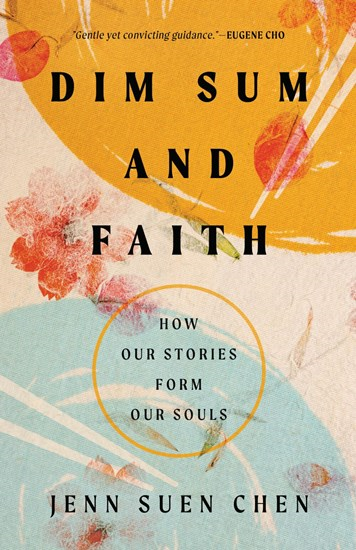Featured
How does one live faithfully to Jesus when you cannot stand your parents and do not know how to turn the ship around? We all come from varying degrees of conflict in our families of origin. It is my hope that my story can show a potential way forward and most importantly give Asian Americans permission to wrestle with the hardships of family relationships without shame.
Latest
How does one live faithfully to Jesus when you cannot stand your parents and do not know how to turn the ship around? We all come from varying degrees of conflict in our families of origin. It is my hope that my story can show a potential way forward and most importantly give Asian Americans permission to wrestle with the hardships of family relationships without shame.
In traditional Asian culture, and certainly in the Indian culture that I grew up in, honor is relational, communal, and duty-based. Our vocations, careers, lifestyles, and decisions in life may be scrutinized through an honor-based lens. While the Western society that many of us grow up in places great importance on self-expression and chosen respect, Asian honor translates to sacrifice, family reputation, loyalty, and obedience.
Our cultural heritage matters to God. Within our cultural heritage there are things we can learn about God. As Asian Christians we’re rarely told this. Perhaps we’re more often told that God wants us to set aside parts of our cultural heritage in the name of following Jesus.
But after this time of immobility, I've slowly come to realize that what I've received from my mother—my inheritance—is much greater than any sum of money: My very flesh, my whole life, was a gift from her.
By Asian American Christians,
for Asian American Christians,
about Asian American Christians.
Read compelling stories, rich theology, and thoughtful reflections from our community in our weekly newsletter. Sign up and be the first to get new content, updates, and resources pertaining to Asian American Christians.
What’s happening at AACC
Fall 2025 Series: Honor Your Father and Mother
OUR COLUMNS
Justice & Culture
Faith & Theology
Our Stories
Past Series
Best of the archives
Reclaim Magazine is a publication of the Asian American Christian Collaborative.
























































